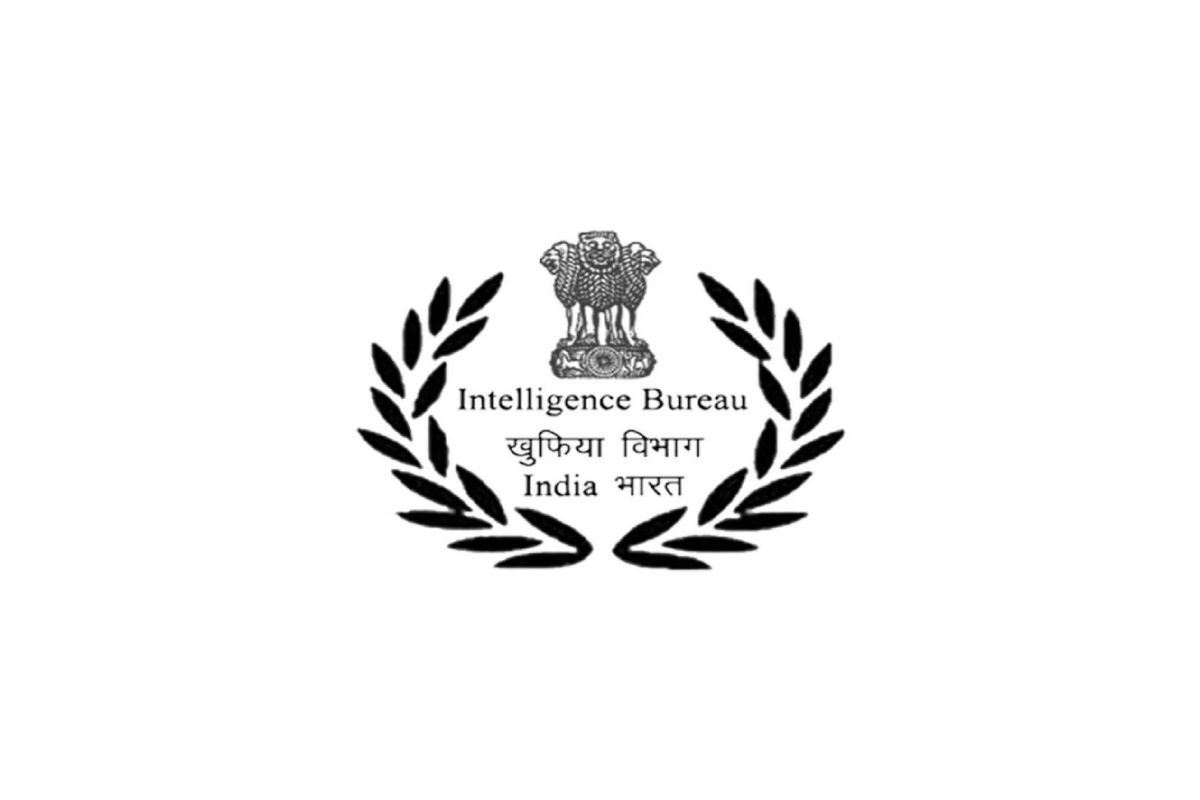Intelligence Bureau in India: Meaning, Roles & Rank Structure

The Intelligence Bureau (IB) is a covert sentinel ensuring the security of India. It is reputed as one of the oldest agencies in the world, tasked with being the nation’s shield against terrorism and intelligence breaches.
In this article, learn more about the IB's covert operations, geopolitical insights, and other discreet but essential contributions to India's national security.
What is the Intelligence Bureau in India?
The Intelligence Bureau (IB) is a subterranean guardian operating as India's domestic intelligence agency. Operating in the shadows, it gathers intelligence from within the country's boundaries while remaining attentive against prospective threats.
Its headquarters are in the centre of New Delhi, under the careful eye of the Ministry of Home Affairs.
What is the History of the Intelligence Bureau?
India's Intelligence Bureau (IB) has a long history dating back to the British colonial era. It was founded in 1887 as the Central Special Branch to monitor political activity. Following India's independence in 1947, it was restructured and renamed the Intelligence Bureau.
What are the Important Roles of the Intelligence Bureau?
India's Intelligence Bureau (IB) plays a critical role in ensuring the nation's security and interests through its comprehensive intelligence activities. The following roles of the Intelligence Bureau are:
1. Internal Security and Counter-Terrorism
The IB is critical in acquiring information on terrorist activities, extremist elements, and potential dangers within the country. By analysing this data, it is possible to take proactive and effective counter-terrorism measures, thereby ensuring internal security.
2. Insights about National Security and Geopolitics
The IB delivers crucial intelligence to policymakers by focusing on geopolitical trends and adjacent countries. This aids in formulating foreign policy and protecting India's national security interests on the world stage.
3. Counter-Espionage and Espionage
The IB actively detects and neutralises foreign intelligence services' attempts to obtain sensitive information within India. It also conducts intelligence operations in foreign countries to safeguard India's interests.
4. Assistance to Law Enforcement
By providing intelligence data to law enforcement organisations, the IB improves their ability to investigate and prevent criminal activity, hence protecting law and order.
5. Border Control and Crisis Management
During an emergency, the IB delivers real-time intelligence to aid in decision-making and crisis management. It also plays an important role in monitoring cross-border activity, strengthening border security, and combating transnational threats.
How is the Intelligence Bureau's Rank Structure Classified?
| Sl. No. | Rank | Role and Responsibilities |
| 1. | Director | The most senior position in the Intelligence Bureau, with strategic responsibilities. |
| 2. | Special Director | A senior officer in charge of specialised intelligence operations. |
| 3. | Additional Director | A higher-ranking officer with extra supervisory responsibilities. |
| 4. | Joint Director | The official in charge of coordinating intelligence operations and activities. |
| 5. | Deputy Director | Assists higher-ranking officials with the management and oversight of intelligence tasks. |
| 6. | Senior Principal | Has considerable administrative responsibilities as a senior administrative post. |
| 7. | Principal | Manages administrative affairs and assists higher-level officials. |
| 8. | Assistant Director | Leads specific intelligence activities and teams under the supervision of higher-ranking personnel. |
| 9. | Senior Research | Conducts in-depth intelligence data investigation and analysis. |
| 10. | Research | Conducts research and collects intelligence data for analysis. |
| 11. | Assistant | Assists higher-ranking officials and intelligence teams. |
| 12. | Junior Intelligence | Basic intelligence duties and data collecting were part of the entry-level role. |
FAQs about Intelligence Bureau in India
For functionality, which organisation does the IB report to?
The IB is part of the Ministry of Home Affairs and reports directly to India's Prime Minister.
How does the IB collect intelligence for its operations?
The IB deploys a network of operatives, informers, and modern monitoring techniques to gather intelligence from diverse sources within the country.
Can Indian civilians join the IB by direct entry?
No, citizens cannot join the IB directly. Employees of the IB come from law enforcement agencies such as the IPS, IRS, and the military.
What function does the IB have in national security?
The IB contributes significantly to national security by gathering intelligence on internal dangers, terrorist activities, and potential security threats. It aids in policy formulation and crisis management during emergencies.

